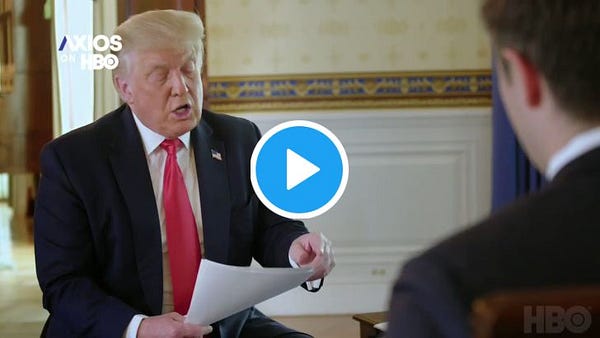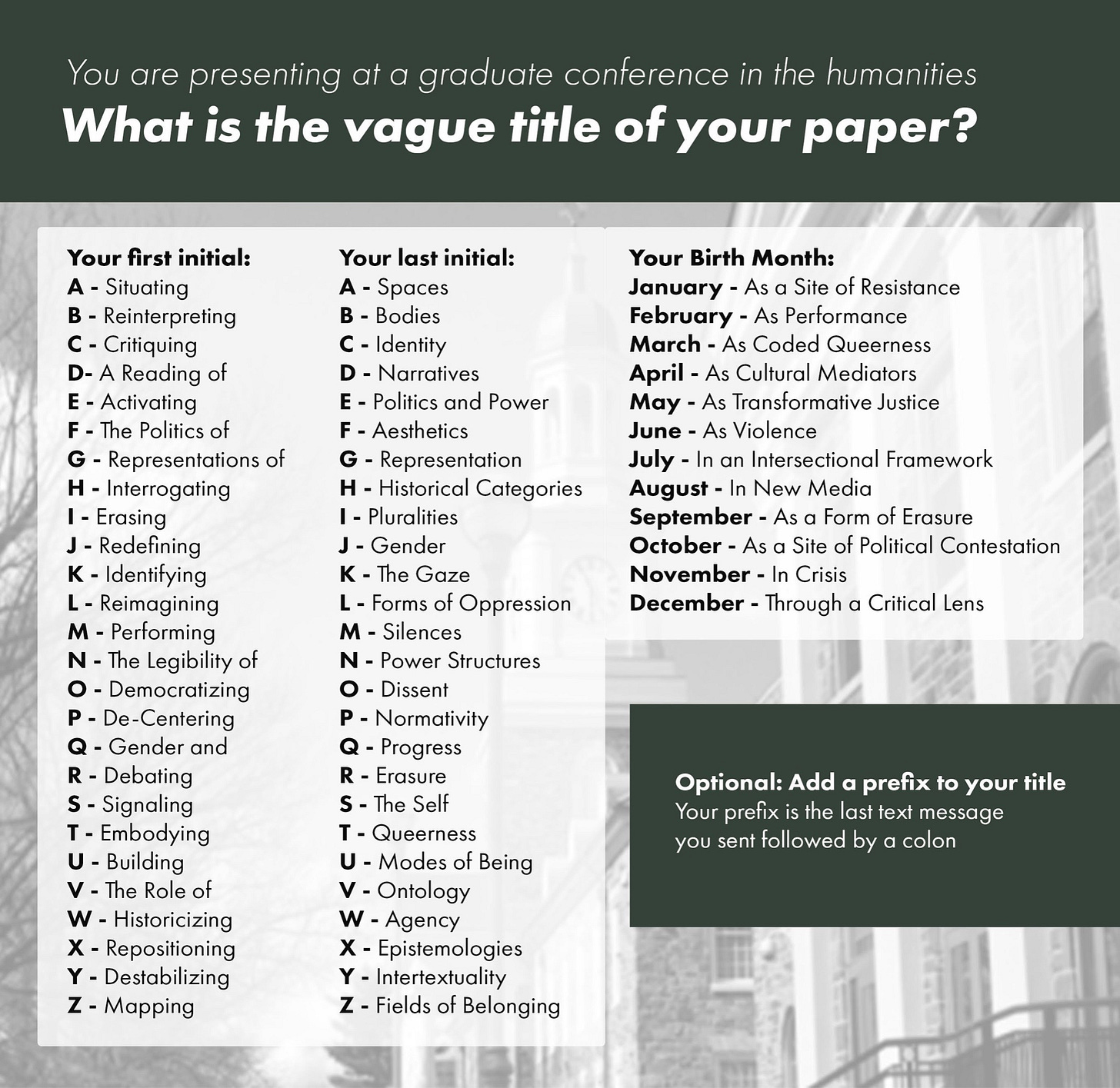Happy . . . Thursday!
I’m out and about tomorrow, so your regular Friday Bluestocking is arriving a day early. Here is my pick of the week’s best reads, plus (as ever) some shameless self-promotion.
It’s my 150th edition next time, so I want to address an issue which shouldn’t preoccupy me, but does. When Twitter is so awful, why can’t I quit it cold turkey? If you have thoughts, hit “reply”.
Helen

What About The Domestic Violence Victims Who Won’t Leave (Atlantic, by me)
These efforts are based around the same assumption: that victims leave. But only 30 percent of domestic-violence survivors who seek help use a refuge, according to the Labour lawmaker Jess Phillips, drawing on figures from the charity SafeLives. “Most women don’t think their partners are beyond redemption,” she told me. But those who stay—the majority—get very little support, as do their partners. Britain’s biggest charity working with perpetrators, Respect, has an annual income of £1.5 million, a tenth of the income of the biggest women’s charity in the sector, Refuge. In most cases of domestic violence, the state offers victims a menu with only one option. If they don’t take it, they’re on their own.
This week, I revisited a question that has fascinated me since writing the Erin Pizzey chapter of Difficult Women: can violent men be changed? One of my interviewees, Emily Alison, is doing exciting work on perpetrator programmes, and on helping women keep custody of their children (which they might lose if they expose the kids to a dangerous environment, ie their partners).
Domestic violence is a murkier topic than we might like to admit: it would be easier if every abused woman (and man) upped and left at the first sign of coercive control or the first slap or punch. They don’t. So what then?


I aspire hard to the tone used here to say “lower than the world?” Also, there’s something about the jumpy editing that is crying out for the Curb Your Enthusiasm music. Jonathan Swan’s utterly polite and unrelenting scepticism really highlights the fact that the default mode of US network interviewers is high deference. Even when they are contesting Trump’s claims, they treat him as though he’s a grand eminence. Swan is much more “headmaster who knows you broke into the sports cupboard because he can see the deflating football behind your back”.
Personally, I like the rough-and-tumble: if Donald Trump can’t be bothered to prep for an interview, why should you treat his vague, rambling half-facts as great aperçus? But as ever I wonder how it comes across to Trump voters.
Two other things. Trump’s great river of words, flowing unceasingly from his mouth, is clearly an effective way of derailing and steamrollering interviewers. But when you watch the whole thing, his actual lack of media training comes through. So often, Swan will jump in with a question, which Trump will initially chunter past. Then 10 seconds later the link between his ears and brain fires, and he will give up the deflective chunter and drag himself across to answer the new question. (Not usually in a way that makes sense, but still.) Normally, a media-trained politician will just answer the question they want to answer, and won’t be derailed like that. It’s another example of Trump’s savant ability to achieve professional results by amateur means.
The other notable thing, to me, is that Trump never gets pissy about being interrupted here: imagine this playing out with Jeremy Corbyn as the interviewee. At the end, he seems to think it’s gone well. Now, Swan has two huge advantages (Trump really doesn’t like women, and particularly women of colour, contradicting him; see his attitude to Yamiche Alcindor and her “nasty question”). But he seems to have found a way to debunk Trump in real time and . . . not make him defensive? It’s an interesting technique and I would like to understand it more.
Full interview here. And a version of it as the Parrot Sketch here.
The Trapped-at-Home Mother (Slate)
I don’t take it at all for granted that I could hire a babysitter to take care of our child while I regrew the part of me that could turn words into money. For a long time, though, I didn’t think it was worth it. I thought it was a waste. I felt guilty about how much I was failing at both of the things that I cared about most. It was impossible not to notice that I wasn’t living up to the standard I’d set for myself. Why couldn’t I simply write perfect sentences in the predawn hours before the baby was awake, during his naps, or after his bedtime? This was what the writer-mothers I’d always admired had always done. They hadn’t all died by suicide.
… Now things are different. Our long-term stability as a family hinges on whether my husband can do the work he needs to do this year in order to keep his salaried job. If there is only enough time for one of us to work, it doesn’t make sense for that person to be me. Once I run out of things I’m contracted or otherwise obligated to do from the before times (like promote my book), I don’t foresee taking on any new work; our kids are too young to be left unattended, even to watch TV for hours. In this new world, someone simply has to be the person who does most of the cooking, cleaning, and child care. It turns out that in “real life” it is school and day care that bridge most of the gap between how we’d like our lives to be (totally equal) and how this crisis has revealed them to be when we’re ruled by necessity (his work takes precedence because it has to). We are pared down to our essence. I wish I could unknow what that essence is. It makes me feel like I have made some crucial error along the way, chosen badly, misspent my life. I tried to have it both ways and fucked up, or maybe I didn’t try hard enough. I didn’t fully understand the system and its limitations.
Emily Gould on motherhood during the pandemic.

Please look forward to my new paper, “Wow, That’s Great: Interrogating Forms of Oppression As a Form of Erasure” which will be full of slides like this:

Quick Links
“The first step is an admission that as successful as you are, were, or hope to be in your life and work, you are not going to find true happiness on the hedonic treadmill of your professional life. You’ll find it in things that are deeply ordinary: enjoying a walk or a conversation with a loved one, instead of working that extra hour, for example.” (The Atlantic)
“In our different ways we all tried to prepare Kit for what was going to happen. This is almost impossible with a three-year-old. Time is a bewildering prospect. So are the concepts of guilt and punishment.” (Guardian)
“If we create a button that, when pressed, magically requires everyone else to agree with your ideas and demands, people would be foolish not to press it.” Matt Bruenig offers an update on “identitarian deference”.
“A library subscription to the Journal of Coordination Chemistry, for instance, costs $11,367 annually.” Nathan Robinson of Current Affairs on how “the truth is paywalled, but the lies are free”, in an article which will make Britons value the BBC website.
Now I finally know where the word “catfishing” comes from.
Facebook is a closed book to me these days (I left years ago) but the NYT’s Kevin Roose highlights yet another problem with its architecture: look at all these millions of views and likes for the Trump family linking to a legit AP story about efforts to combat trafficking. Wonderful! you might think. A good cause and a proper news outlet! Except, of course, the idea that Donald Trump is a valiant hero taking on the Democrats’ huge satanist trafficking empire is a key part of the QAnon conspiracy theory.

See you next time!



"Night night: Reinterpreting Politics and Power As Transformative Justice."
Perhaps I am destined for great things after all...
As for Twitter, awful things fascinate humans... We have a penchant for the macabre as well as for the delightful. First, though, why do YOU think Twitter is so awful? :)
“Burn Pile”... One day we’ll get round to the burning part!: Situating The Self As Transformative Justice
I’m so proud.